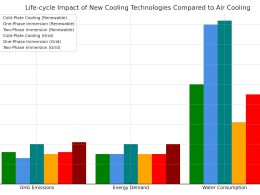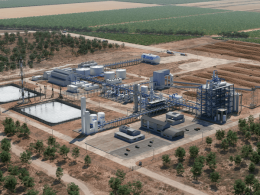India and the European Union have launched two major joint research and innovation initiatives under the India-EU Trade and Technology Council (TTC), reinforcing bilateral cooperation on sustainability, clean energy, and environmental protection. With a combined investment of €41 million ($46 million), the initiatives focus on addressing marine plastic litter and developing waste-to-green hydrogen technologies.
Established in 2022 by Indian Prime Minister Narendra Modi and European Commission President Ursula von der Leyen, the TTC aims to deepen collaboration in trade, technology, and innovation. The new research calls are co-funded by Horizon Europe—the EU’s research and innovation framework programme—and the Government of India.
Announcing the launch, Professor Ajay Kumar Sood, Principal Scientific Adviser to the Government of India, said, “Collaborative research is the cornerstone of innovation. These initiatives will harness the strengths of both Indian and European researchers to develop solutions that address our shared environmental challenges.”
EU Ambassador to India, Hervé Delphin, described the announcement as a reflection of the growing momentum in EU-India relations. “These research calls demonstrate the dynamism of the EU-India partnership. By jointly addressing issues such as marine pollution and sustainable energy, we are advancing circular economy principles and energy efficiency,” he said.
The first initiative targets marine plastic litter (MPL), with the EU contributing €12 million and India’s Ministry of Earth Sciences committing €9.3 million. The call aims to develop innovative methods to monitor and mitigate pollutants like microplastics, heavy metals, and persistent organic chemicals. Outcomes will support global frameworks such as the UN Decade of Ocean Science and align with the EU’s Zero Pollution Action Plan and India’s National Marine Litter Policy.
“Marine pollution is a global concern that requires collective action,” said Dr. M. Ravichandran, Secretary, Ministry of Earth Sciences. “This joint effort will help us create advanced tools and strategies to safeguard marine ecosystems.”
The second call focuses on waste-to-green hydrogen (W2GH), a critical area in the transition to clean energy. With €10 million from the EU and ₹90 crore (~€9.3 million) from India’s Ministry of New and Renewable Energy, the initiative aims to develop efficient and cost-effective hydrogen production from biogenic waste. This aligns with the EU’s Hydrogen Strategy and India’s National Green Hydrogen Mission.
“Advancing waste-to-hydrogen technologies is crucial for our energy transition goals,” said Santosh Kumar Sarangi, Secretary, Ministry of New and Renewable Energy. “This collaboration will accelerate the development of sustainable hydrogen production.”
Marc Lemaître, Director-General for Research and Innovation at the European Commission, emphasised the scale of the joint commitment: “Together, the EU and India are investing €41 million in collaborative research, underscoring our dedication to a shared sustainable future.”
Dr. Parvinder Maini, Scientific Secretary in the Office of the Principal Scientific Adviser, noted that these calls reflect a shared commitment to sustainability through joint scientific progress.
The two research calls represent a significant step forward in EU-India science and technology cooperation, uniting global expertise to tackle environmental challenges while fostering innovation for a greener future.















